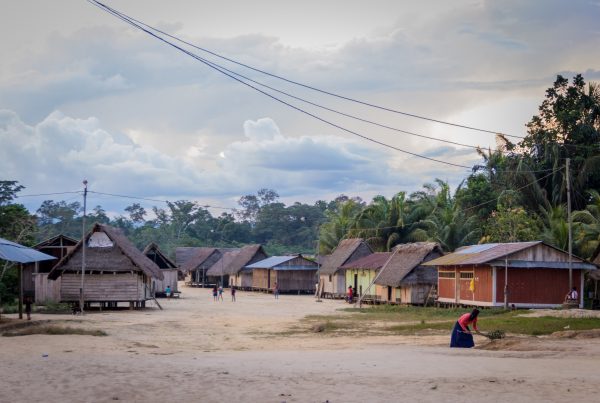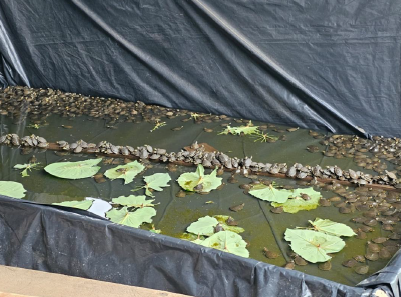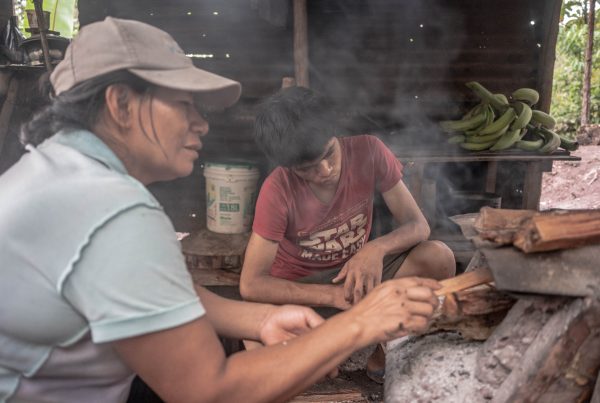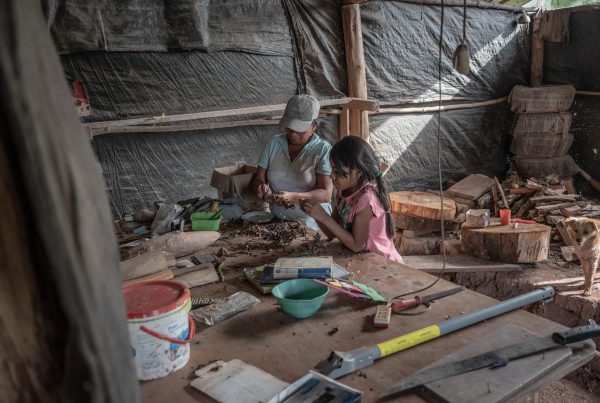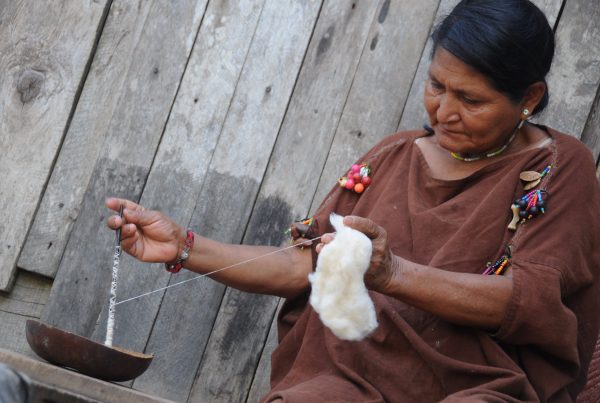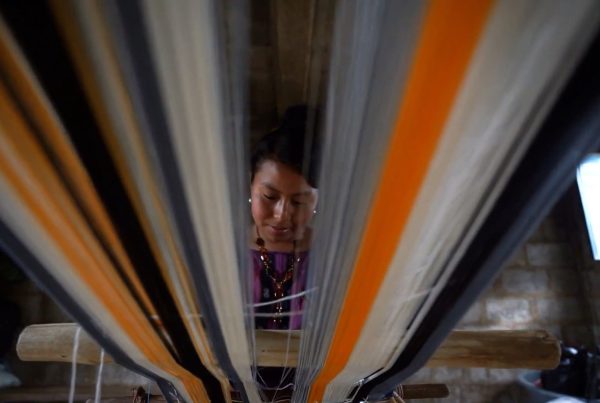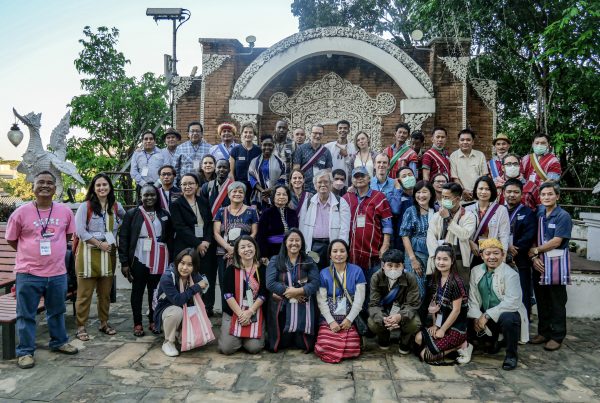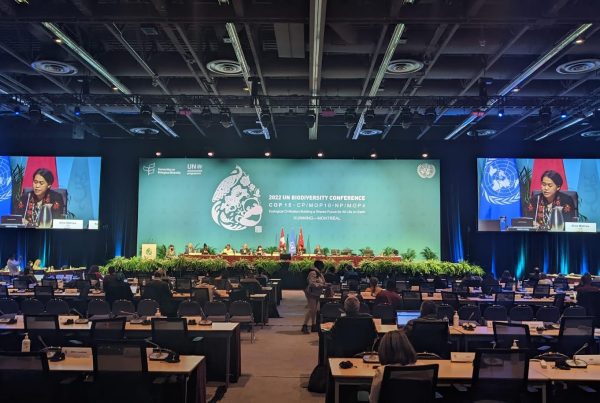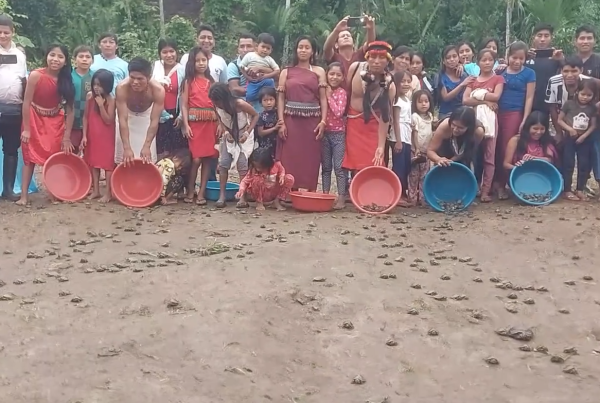
Community Video: Release of Aquatic Turtles in the Kankiam Basin, Morona, territory of Wampis Nation
02.04.24
Community Video: Release of Aquatic Turtles in the Kankiam Basin, Morona, territory of Wampis Nation
In 2023, during the first phase of the aquatic turtle repopulation component of the Pathways project, four communities of the Kankaim (Morona) river basin have released a total of 3291 hatchlings of two species - Taricaya and Charapa - into the Kankaim oxbow lakes. Watch…
